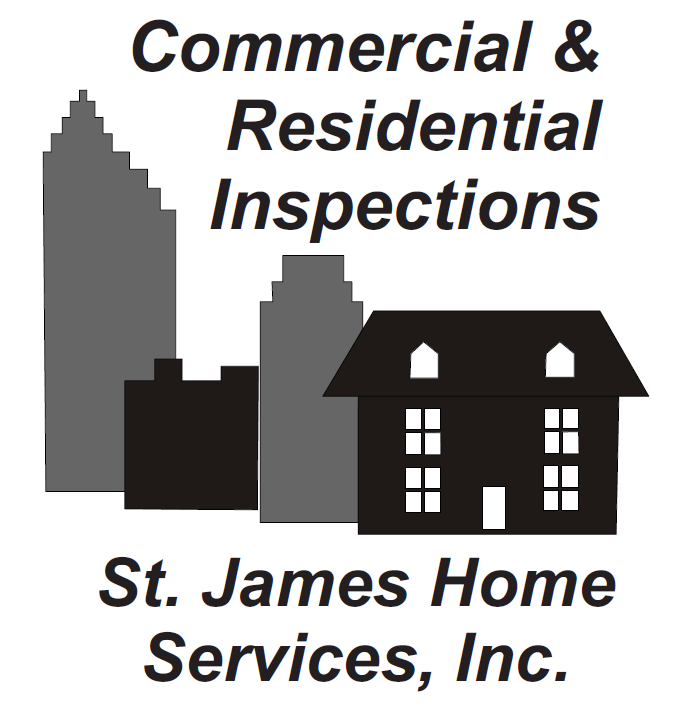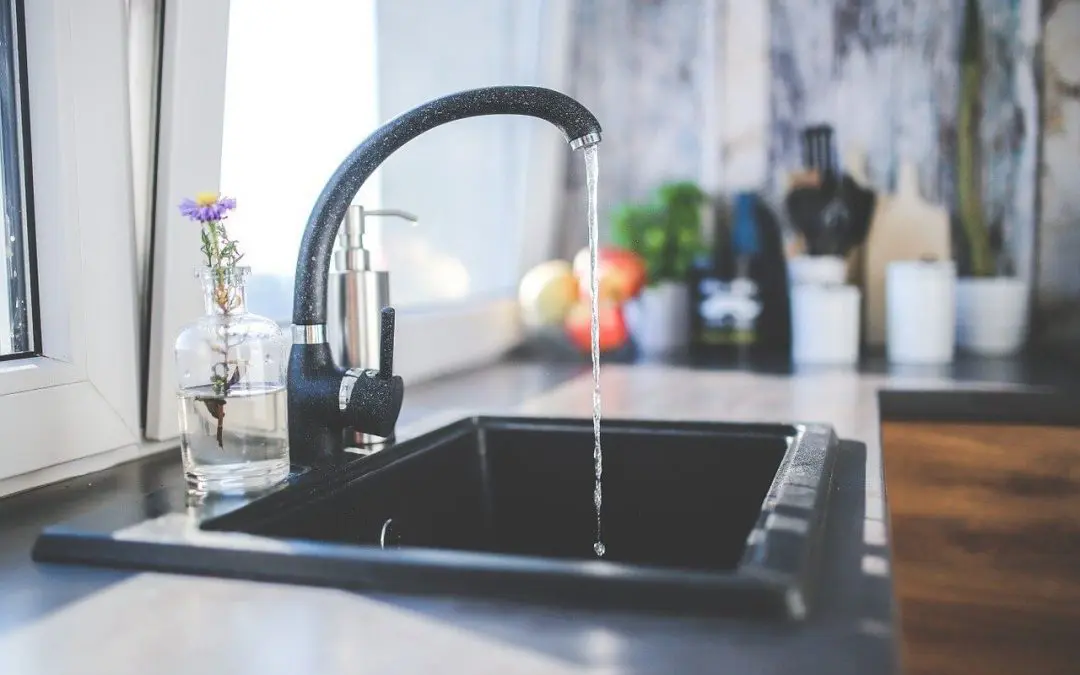The water from the tap might not be safe for you and your family to drink or it may not taste fresh and clean. Buying purified bottled water is impractical and expensive in the long run. Fix these problems with the right filter. Here are a few of the most commonly available types of water filters for your home.
Reverse Osmosis Systems
Reverse osmosis is a widely-used system for home water filtration. During reverse osmosis, water is forced through a semipermeable membrane that removes particles and inorganic contaminants from the water. While doing so, it may also remove essential minerals.
Because of this, some systems have an alkalization stage to balance the water pH and add the minerals back. Most RO systems use a pressurized tank to increase the flow rate.
Pros:
- highly effective in eradicating inorganic contaminants (lead, sodium, copper, etc.)
- effective in removing most forms of bacteria
- does not need electricity to function
Cons:
- may remove essential minerals
- generates a substantial amount of wastewater
- requires high water pressure and regular filter cleaning
- expensive
Activated Carbon
Activated carbon is a processed carbon that effectively removes organic compounds and chlorine from water. An activated carbon filter traps pollutants that are present in the water. Both the block form and granular form of the material are extensively used in water treatment processes.
Pros:
- removes chlorine, mercury, and volatile organic compounds
- satisfactory purification capability
- retains vital minerals
- does not require electricity
- affordable price
Cons:
- cannot eliminate minerals and dissolved solids
- cannot remove viruses
Ceramic Water Filters
Ceramic is a material used in water filtration because it has numerous small pores. This specific characteristic allows it to trap molecules that are larger than the size of its pores. Ceramic water filters are often treated with silver to inhibit the growth of bacteria and molds.
Pros:
- can reduce bacteria and protozoa
- inexpensive and long-lasting
- simple set-up
- no power supply required
Cons:
- cannot filter viruses and chemical contaminants
- slow filtration rate
Water Distillation Filters for Your Home
Distillation consists of a series of processes, including evaporation, condensation, and collection. The water is heated and contaminants that do not evaporate with the water are left behind. The formed water vapor or steam is then condensed and turned back into liquid water. Distilled water is collected and is safe to drink.
Pros:
- kills bacteria and separates dissolved solids
- remarkable purification capability
- improves taste and smell of water
- no filter replacement needed
Cons:
- slow flow rate
- requires electricity to function
- has a high cost
- removes essential minerals
Ultraviolet Water Purifiers
UV purifiers use high-frequency UV light to inactivate or kill microorganisms, such as bacteria and viruses. However, inorganic contaminants may obstruct the light and make it less effective. UV water filters are best employed as final-stage treatment, where water is already filtered to remove sediment and other compounds.
Pros:
- excellent against harmful microbiological contaminants
- quick and chemical-free disinfection
- low operating cost
Cons:
- requires electricity
- not a stand-alone purifier
- higher initial cost
Water Ionizers
Ionization alters the molecular structure of water to generate two products. One is ionized alkaline water rich in antioxidants, and the other is acidic water. The alkaline water can be consumed, while the acidic water is commonly used for other external purposes.
Pros:
- two-way output (for consumption and external use)
- adjustable pH level
Cons:
- weak purifying capability
- benefits of alkaline water still lack scientific proof
- needs electricity to work
- expensive
Before shopping for a water filtration system for your home, have your water tested. When you know what contaminants are in your drinking water, you can choose the best type of filter.
St. James Home Services provides inspections to customers in Durham, NC and the surrounding areas. Contact us to request our services.

